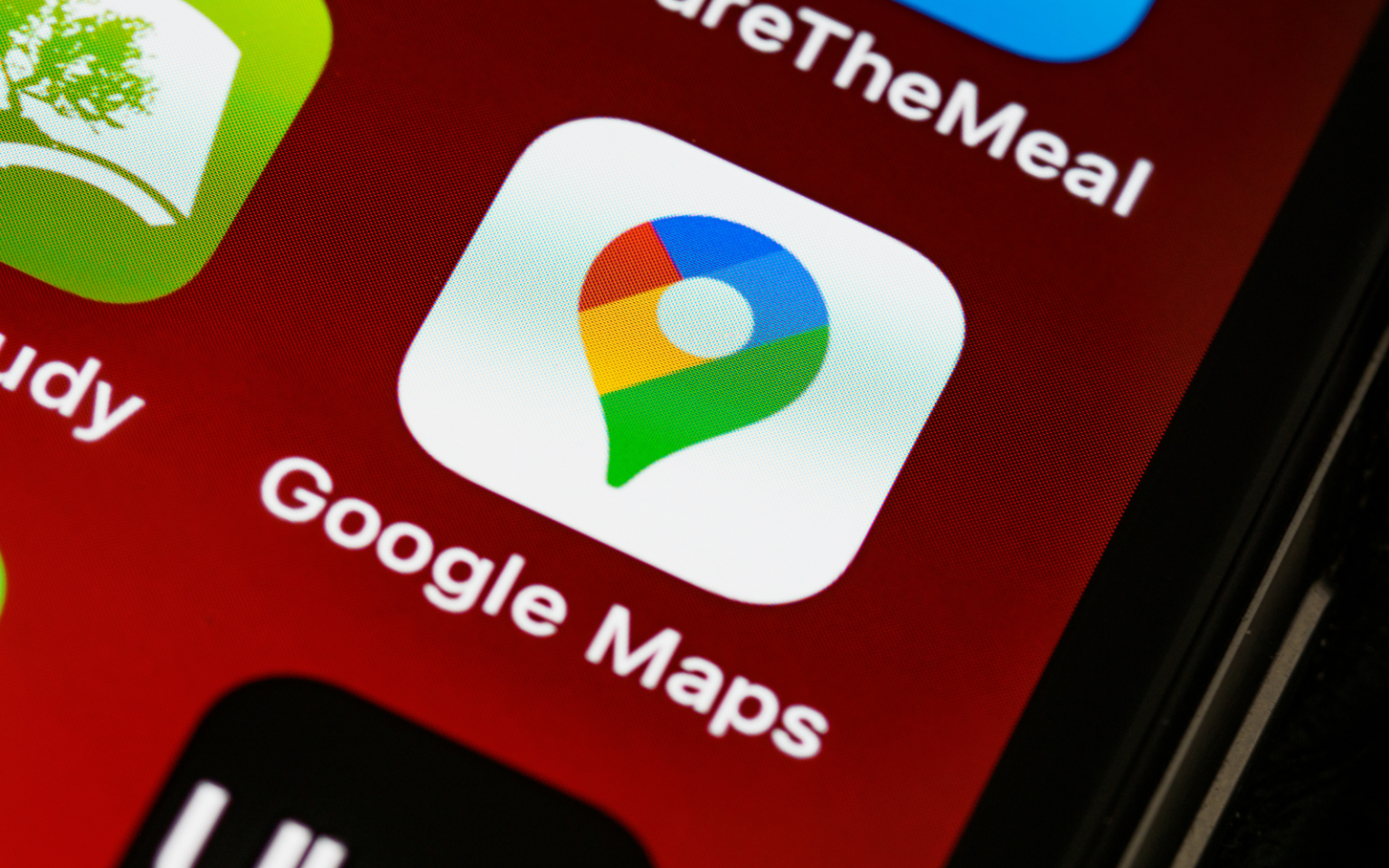Over a billion people use Google Maps to help them navigate their world every month. If you own a smartphone, the odds are better than average you’re one of those people. If you’re using Google Maps in the United States, you may have noticed some recent changes to your world. The “Gulf of Mexico” is now the “Gulf of America,” and “Mount Denali” is again “Mount McKinley.” These are both changes instigated by U.S. President Donald Trump. Google is reportedly systematically removing resistance to these changes. When compared to how common it is for the Google search engine to boost misinformation and fake news, and feed into confirmation bias, changing…
Author: The Conversation
Social media is a complex environment that presents both opportunities and threats for adolescents, with self-expression and emotional support on the one hand and body-shaming, cyberbullying and addictive behaviours on the other. This complexity underscores the challenge to regulating teen social media use, but it also points to another avenue for protecting young people online: how social media platforms are designed. The growing debate around teen social media use has intensified, with recent bipartisan policy efforts in the U.S., such as the Kids Online Safety Act, seeking to protect young people from digital harms. These efforts reflect legitimate concerns. However, broad…
You’ve probably noticed lately that a lot of people are trying out alternatives to the big social media networks X, Instagram and Facebook. For example, after Elon Musk bought Twitter in 2022 and started allowing far more disinformation and hateful content on the site, renamed X, advertisers and users started backing away. More recently, Meta’s decision to roll back hate speech rules has prompted many people to consider leaving Instagram and Facebook. Some of the most popular new destinations include “federated” services like Mastodon and Pixelfed, as well as the quasi-federated Bluesky. Federated means decentralized – rather than one central service, like X, federated systems have tens of thousands of servers. They also…
People say they prefer a short story written by a human over one composed by artificial intelligence (AI), yet most still invest the same amount of time and money reading both stories regardless of whether it is labeled as AI-generated. That was the main finding of a study we conducted recently to test whether this preference of humans over AI in creative works actually translates into consumer behavior. Amid the coming avalanche of AI-generated work, it is a question of real livelihoods for the millions of people worldwide employed in creative industries. To investigate, we asked OpenAI’s ChatGPT 4 to generate a short…
Software is ubiquitous, powering almost every aspect of our lives. The computerised systems in your car alone incorporate tens of millions of lines of code. The increasing digital transformation of our society means that demand for more and better software is likely to continue into the future. The dilemma is that there are not enough human programmers to build all this software. This means that more and more of the software you use every day is built with the assistance of artificial intelligence (AI). Software developers are already very familiar with tools such as GitHub Copilot, a kind of ChatGPT for programmers. It works…
In the digital economy, data is more than just information – it is an asset with immense economic and strategic value. Yet, despite its significance, a fundamental legal question remains unresolved: Can data be owned? While privacy laws worldwide focus on protecting individuals’ rights over their personal data, they often sidestep the issue of ownership. This has led to legal uncertainty, particularly in South Africa, where the Protection of Personal Information Act (POPIA) grants data subjects various rights over their personal information but does not explicitly address ownership. This gap in legal clarity raises pressing questions: If personal data – such…
Earlier this week, Saturn gained a whopping 128 new official moons, as the International Astronomical Union recognised discoveries from a team of astronomers led by Edward Ashton at the Academia Sinica in Taiwan. The sixth planet from the Sun now has a grand total of 274 moons, the most of any planet in the Solar System. The discovery has raised a lot of questions. How do you spot moons, and why hadn’t anybody seen these ones already? Doesn’t Jupiter have the most moons? What are they going to call all these moons? Are there more out there? And what exactly makes something a…
In November 2023, the estates of two now-deceased policyholders sued the US health insurer, United Healthcare, for deploying what they allege is a flawed artificial intelligence (AI) system to systematically deny patient claims. The issue – they claim – wasn’t just how the AI was designed. It was that the company allegedly also limited the ability of staff to override the system’s decisions, even if they thought the system was wrong. They allege the company even went so far as to punish staff who failed to act in accordance with the model’s predictions. Regardless of the eventual outcome of this case, which…
When you visit a hospital, artificial intelligence (AI) models can assist doctors by analysing medical images or predicting patient outcomes based on historical data. If you apply for a job, AI algorithms can be used to screen resumés, rank job candidates and even conduct initial interviews. When you want to watch a movie on Netflix, a recommendation algorithm predicts which movies you’re likely to enjoy based on your viewing habits. Even when you are driving, predictive algorithms are at work in navigation apps like Waze and Google Maps, optimising routes and predicting traffic patterns to ensure faster travel. In the workplace, AI-powered…
In the past three years, astronomers have discovered a mysterious new type of radio source. We call these long period transients. These objects emit bright radio signals that repeat every few minutes to every few hours. We have found about a dozen examples, but we still don’t understand which type of star could emit radio pulses in this peculiar way. In new research published in Nature Astronomy today, we have discovered a new long period transient. Furthermore, we identified the stars responsible for the mysterious radio flashes – a breakthrough never achieved before. Spoiler alert: they’re not the typical “cosmic lighthouses” you…










